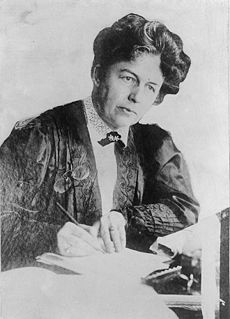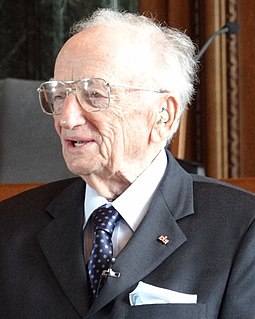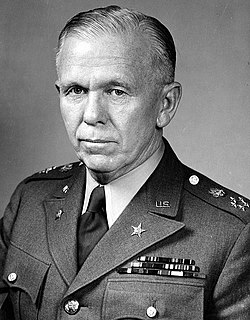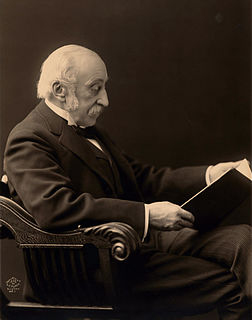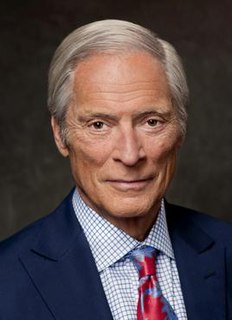A Quote by Ariel Sharon
I know I have been portrayed as a general looking for war. Many other headlines speak of that. That's what people say. But I understand the importance of peace because I saw the horrors of war. That's how I see it. I lost my best friends in battles.. and I had to make decisions of life and death, of others and myself.
Related Quotes
My opposition to war was not because of the horrors of war, not because war demands that the race offer up its very best in their full vigor, not because war means economic bankruptcy, domination of races by famine and disease, but because war is so completely ineffective, so stupid. It settles nothing.
Most people coming out of war feel lost and resentful. What had been a minute-to-minute confrontation with yourself, your struggle with what courage you have against discomfort, at the least, and death at the other end, ties you to the people you have known in the war and makes for a time others seem alien and frivolous.
Well, if it's naive to want peace instead of war, let 'em make sure they say I'm naive. Because I want peace instead of war. If they tell me they want war instead of peace, I don't say they're naive, I say they're stupid. Stupid to an incredible degree to send young people out to kill other young people they don't even know, who never did anybody any harm, never harmed them. That is the current system. I am naive? That's insane.
There has been considerable comment over the awarding of the Nobel Peace Prize to a soldier. I am afraid this does not seem as remarkable to me as it quite evidently appears to others. I know a great deal of the horrors and tragedies of war. ... The cost of war in human lives is constantly spread before me, written neatly in many ledgers whose columns are gravestones. I am deeply moved to find some means or method of avoiding another calamity of war.
There never was a good war," said Franklin. "There have indeed been many wars in which a good man must take part, and take part with grave gladness to die if need be, a willing sacrifice, thankful to give life for what is dearer than life, and happy that even by death in war he is serving the cause of peace. But if a war be undertaken for the most righteous end, before the resources of peace have been tried and proved vain to secure it, that war has no defense, it is a national crime.
World War II made war reputable because it was a just war. I wouldn't have missed it for anything. You know how many other just wars there have been? Not many. And the guys I served with became my brothers. If it weren't for World War II, I'd now be the garden editor of The Indianapolis Star. I wouldn't have moved away.
And when we look in through the windows, all we see are shadows. And when we try and listen, all we hear is a whispering. And we cannot understand the whispering, because our minds have been invaded by a war. A war that we have both won and lost. The very worst sort of war. A war that captures dreams and re-dreams them. A war that has made us adore our conquerors and despise ourselves.
I, serial number 30743, Lieutenant General in reserves Yitzhak Rabin, a soldier in the Israeli Defense Forces and in the army of peace, I, who have sent armies into fire and soldiers to their death, say today: We sail onto a war which has no casualties, no wounded, no blood nor suffering. It is the only war which is a pleasure to participate in - the war for peace.
No one that has ever been in combat ever wants to see war anywhere in the world. It is horrible. It's horrible looking at the pock-marked walls. It's horrible looking at the flesh embedded on walls in Bosnia. It was horrible looking and interviewing and talking to the kids who lost their parents, because Saddam Hussein decided to feed their parents to the lions in downtown Baghdad. To characterize particularly myself, but other groups, as wanting to advocate a war I think is not only disingenuous, I think it's a patent falsehood intentionally created to stigmatize a group of people.
So a war begins. Into a peace-time life, comes an announcement, a threat. A bomb drops somewhere, potential traitors are whisked off quietly to prison. And for some time, days, months, a year perhaps, life has a peace-time quality, into which war-like events intrude. But when a war has been going on for a long time, life is all war, every event has the quality of war, nothing of peace remains.
America is at war with itself because it's basically declared war not only on any sense of democratic idealism, but it's declared war on all the institutions that make democracy possible. And we see it with the war on public schools. We see it with the war on education. We see it with the war on the healthcare system.
Every generation has its war. I have just been reminded of mine. It ended in 1989, 43 years after it began, the longest war Britain fought and certainly the most expensive. Its climax was total victory. Yet there was no parade, no medals, no colours hung in cathedrals. The Cold War saw no battles and cost almost no blood. Where there is no blood there is no glory and hence no history. Asked What did you do in the war, Daddy?, I could say only that I paid my taxes and left it at that.


